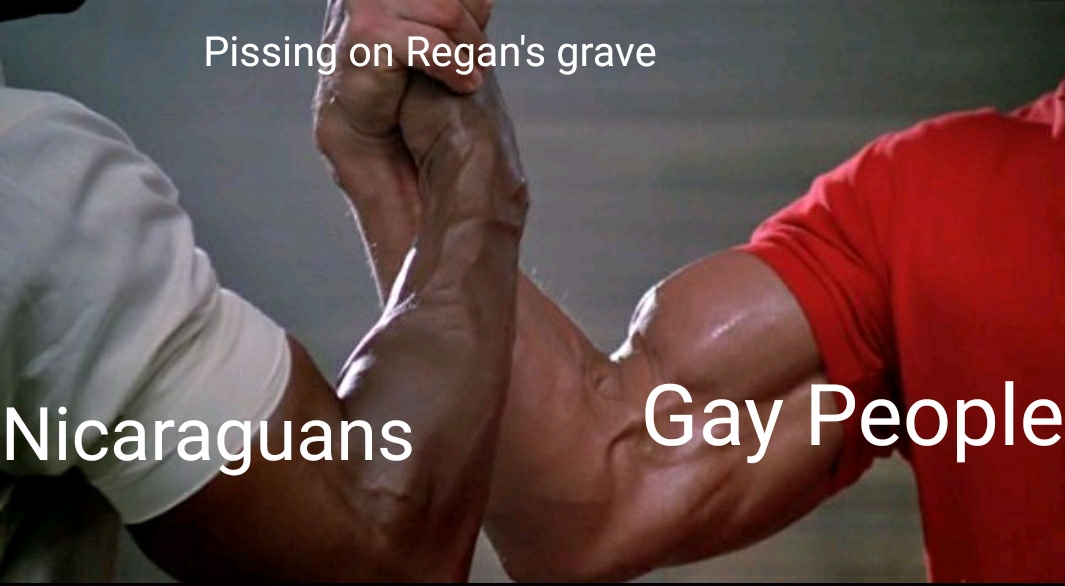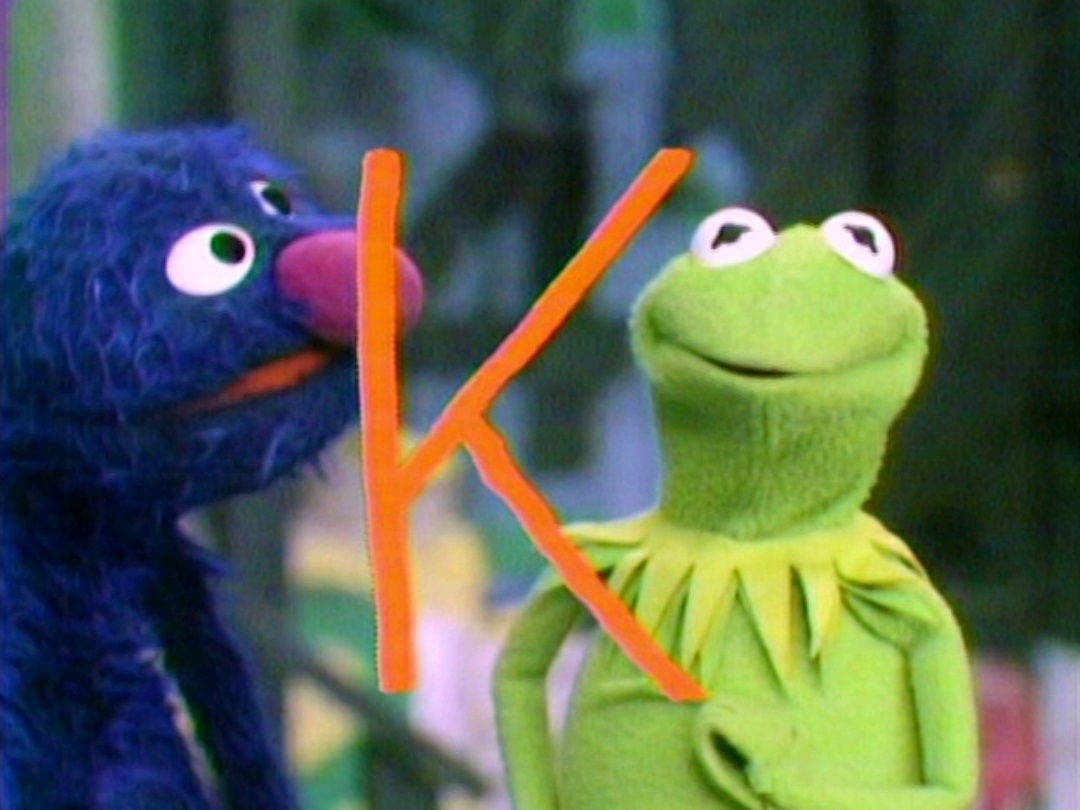
SpookyGenderCommunist
no freedom of movement
Source?
- constant shortage of any goods
Think about why this might be, Friend. Really think hard about it. What large geopolitical things were happening at the time?
- being a dictatorship
Yes, of the proletariat
- (contrary to your first point) a housing shortage
Again, source? Also, wondering what you think happened before East Germany existed that might have contributed to this. Surely this changed over time
- a culture so dictated by work that people had little to no free time
Because people working 3 jobs under capitalism have so much free time? What does this even mean?
- political pressure
Again, what does this mean? All Political cultures and institutions exert pressures on their population... That's how politics works.
- control over the media
I'll agree that the siege mentality of much of former socialism led to a lack of press freedom, which was ultimately detrimental, but again... Why might this have been?
- the fucking stasi
Quick, name the West German secret police!
Let's assume for a minute that everything you've said is entirely true. If we're to be thoughtful about this. East Germany was a historically poorer, agrarian, region of Germany, much less industrialized, artificially lopped off from the west (not by the USSR, btw, who wanted a unified, nonaligned Germany, like the allies had done with Austria), it was heavily sanctioned, had been bombed to shit, much like the rest of Europe, but was made to pay the USSR reparations, that it wasn't as capable of paying, as a unified Germany would have been. The USSR even dismantled entire east German factories and shipped them back to rebuild their own industrial base.
How do you expect any country to not come out of that with considerable problems?
And the GDR did have considerable problems. I think you and I would disagree on what those problems were, but in the broad strokes, that much we can agree on.
But I would contend that, even with that in mind, East Germany ended up being a much more positive socialist experiment in many respects then say, Romania, which suffered a much more severe centralization of power, and cult of personality issues, then East Germany did.
In fact, looking at the makeup of the East German Parliament and its mass organizations, there was a much greater degree of representation of various social cleavages then in some other Eastern Bloc states.
While you could say argue that this was only 'on paper', that really depends on what period of East German history you're looking at, as the electoral system was altered a handful of times.
Regardless though, this was an expression of the fact that East Germany had a more open Political culture due to its institutions being establisehed as part of an intended nonaligned, unified, German state. And due to the fact that it had received the socializing effects of industrial capitalism that gave it things like an incredibly progressive Queer movement, that other Eastern Bloc states, which were formerly feudal backwaters, hadn't developed.
Tl;Dr - this shit is a lot more complicated than listing off bullet points for "why East Germany was Evil", That I was taught in the 7th grade.
I'm doing my part! o7
One of these cultures has normalised vegan and vegetarianism for centuries, the other is trying to wean a meat-obsessed population
As someone who works in a grocery store, the worst fucking people are the ones who go up to the deli counter and yell at the clerks, demanding the "bloodiest* roast beef they've got. That or the spiciest turkey, or whatever.
Dudes who's entire sense of self is invested in eating meat. Easily the most annoying kind of guy I encounter in my daily life.
I'm gonna try and give an actual brief history. The word "Tankie" originated from a split in the Communist party of Great Britain in the 1950s, over the Soviet invasion of Hungary. Those who supported the invasion were called "Tankies" by those who opposed it.
That would've been it, and it would have faded into history as an obscure piece of British leftist slang, if it weren't for the word's rediscovery decades later, where more modern leftists used the term in a half joking way among each other.
At some point over... Really just the past couple of years or so, tankie breached containment, and has been worming its way into non-leftist people's vocabularies, where it's lost any and all connection to its original meaning.
So when, say, OP of this thread uses it, it's unclear what they mean. Do they mean communists in general? Leftists in general? Supporters of China? What does it mean for a white, Western, leftist to 'support' China anyway? Is it just a general term for someone they deem Authoritarian? Or do they mean a specific kind of "Patriotic Socialist" who LARPs as a communist but actually holds deeply reactionary ideas?
It's all very unclear. So I wouldn't take "Tankie discourse" too seriously tbh. It's just a thought terminating cliche at this point. If you want to talk about any of those groups mentioned above... Just be specific and dunk on who you want to dunk on. There's legitimate, good faith, critiques to be made of all of them. Just make them, and be thoughtful about it.
But running around and calling anyone you don't like a Tankie doesn't foster good discussion. Especially when I have to sit down and decipher which one of 6 different possible definitions of "Tankie" someone might be referring to.

I saved up and bought a reasonably beefy Mini PC, and turned it into an emulation console with Batocera. PS3 emulation runs like an absolute dream. But who needs backwards compatibility, when we can resell you the same game from 15 years ago, again, at full price???